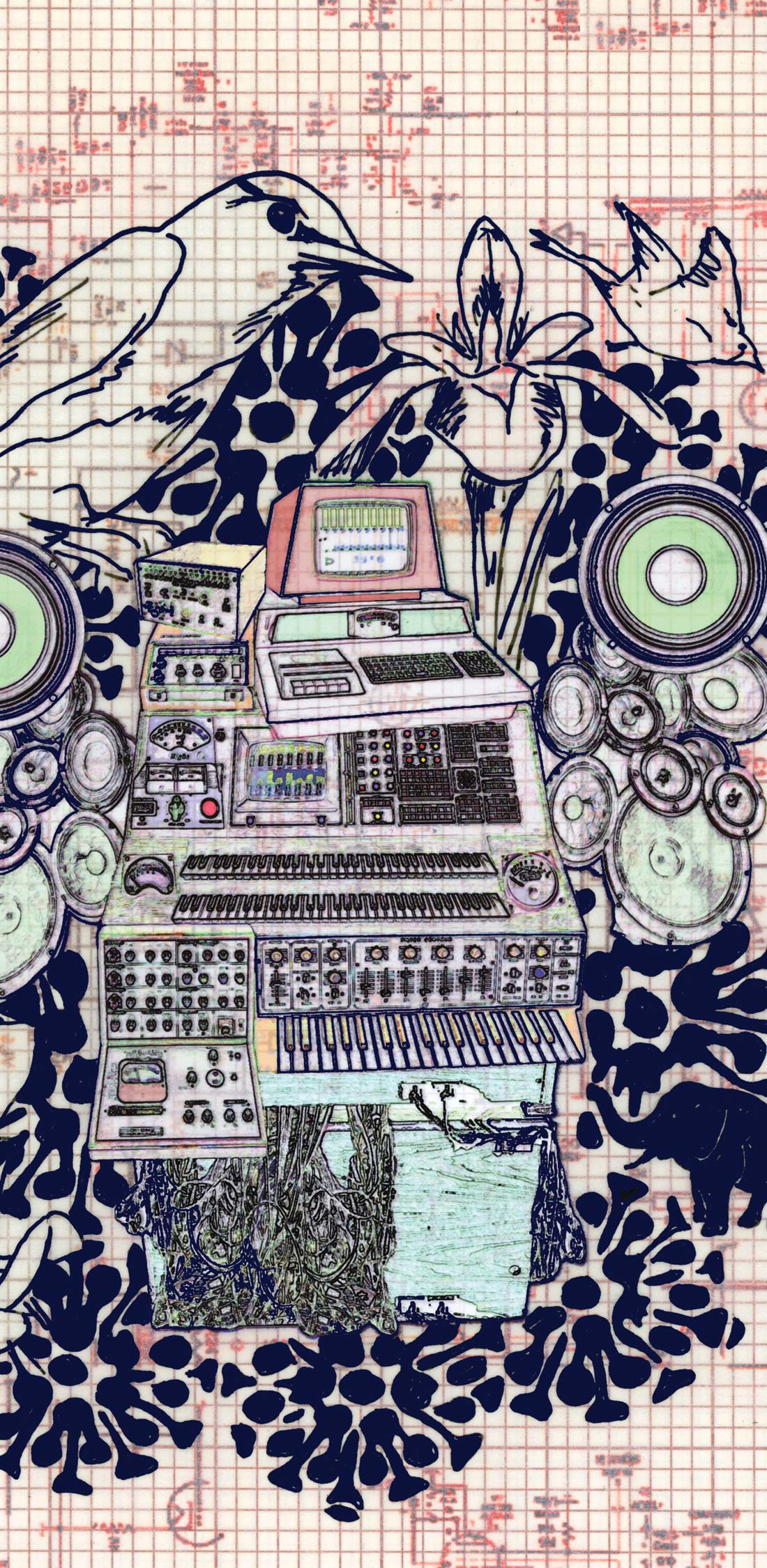As an indication of how dependent my studio is on Pro Tools, the single most exciting thing I saw at the Winter NAMM show was Digidesign's Music Production Toolkit. MPT is a plug-in bundle that also significantly improves the feature set of ProTools LE and M-Powered 7.1 by extending the track count from 32 mono tracks to 48 stereo tracks. The Beat Detective LE tool is also significantly improved as it now works on multiple tracks rather than with the earlier one-track limitation.
In my opinion, the increased track count alone is worth the $495 MSRP. One very key point here is the difference in how PT LE allocates tracks. Without MPT, a single stereo track counts as two tracks, leaving you 30 remaining tracks. With MPT, a stereo track counts as only one track, leaving you 47 remaining stereo or mono tracks. One of the first things I did after installing this was to make a new session with 24 mono and 24 stereo tracks to see if it would really work. It did. In theory then, if you recorded every track in stereo, you would have 96 actual tracks. In practice of course, this isn't practical. But, up to this point, I've rarely bothered to use stereo tracks in PT as the slight loss of flexibility (only one software fader) and no real advantage made it fairly pointless. But with MPT, I expect that will change. From here on in, I'll probably use stereo tracks for things like drum overheads, pianos, stereo guitars, etc.-in other words, anything that will end up stereo anyway, most likely panned hard L/R. The stereo track still has pan controls and the trim plug-in can be used to adjust gain between the two audio tracks. Worst case, should you feel you need two mono tracks, you can always split the track into mono tracks. Bottom line, track counts are greatly increased in PT LE, and in my mind, that alone makes MPT worth purchasing.
MPT also comes with some very useful plug-ins, any one of which costs almost as much if not more than the price of this entire package. Tape Op has already reviewed many of them, but here's a brief rundown. Digidesign recently acquired Trillium Lane, and for MPT buyers, that's a good thing as MPT comes with their flagship TL Space convolution reverb. In my opinion, whether you're mixing in the box or through a console, a high-end convolution reverb is an essential tool. With it, you can convincingly emulate an EMT Plate, real acoustic spaces, and a myriad of digital reverbs. Without it, you're left with grainy, mostly crappy- sounding digital reverb plug-ins. Smack is a compressor/limiter that's been on our studio computer for about two years now, and I've had most of the engineers who've used it comment very favorably on it. Noise reduction is often a part of mixing, and the DINR LE plug- in package was previously pretty pricey, but now it's part of this bundle too. I've yet to use Drum Replacer myself; nonetheless, it's on our studio computer, it's an industry standard, and it gets used quite a bit. Yep, it's included in this bundle too, along with Hybrid, a new synthesizer instrument plug-in. As the name implies, this instrument is a hybrid of analog emulation (classic waveforms and 23 filter types) and digital synths (including wavetable synthesis). Finally, there's an MP3 Option for exporting files. Purchased individually, these plug-ins would total $1780, far more than the cost of this bundle. When you account for the excellent (and free) Dynamics and EQ III plug-ins from Digidesign, Pro Tools LE with MPT is a very serious DAW platform with all the essentials covered.
I hate upgrading software! I will usually put it off until I feel it's absolutely required by client demand or that the new feature set is so significant that it's worth the risk of any possible downtime from bugs or learning curves. So, I waited to upgrade to PT 7 until MPT was released. I set aside two days to do the complete upgrade and install, but it took less than two hours without any real glitches. I was concerned that upgrading the plug-ins to the new PT 7 format would be a nightmare, but it just wasn't. My older plug-ins still work with PT 7, although they don't take advantage of the newer, more CPU-efficient plug-in architecture. Most developers have free upgrades available to upgrade older plug-ins to PT 7-compatible versions. If you spend a little time downloading these in advance, your upgrade should be pretty painless. The PT 7 installer even automatically upgrades most of the Digidesign-distributed plug-ins, although this caused me one minor glitch. I had the older "legacy" Pultec bundle from Bomb Factory, which the installer deleted and upgraded. Duh, I hadn't backed it up, but I eventually found the legacy installer on Digidesign's website. Overall, PT 7.1/MPT installation was the smoothest upgrade I've ever done. The authorizations for all of the plug-ins as well as for MPT are iLok-based, which I feel is the best copy protection scheme.
We've had PT 7.1/MPT running on the studio computer for almost six weeks now, and it's been working without a hiccup. It seems very stable-maybe even more stable than PT 6.9-and it seems that CPU usage has become more efficient as promised.
I gotta hand it to Digidesign for supplying all the folks who can't or won't invest in HD rigs a much more powerful DAW. While my studio has rented a few HD rigs for some bigger budget projects, 90% of our work in the past few years has been in PT LE with a Digi 002. With Music Production Toolkit, that number might just go up to 95%. ($495 MSRP; www.digidesign.com)




_disp_horizontal_bw.jpg)